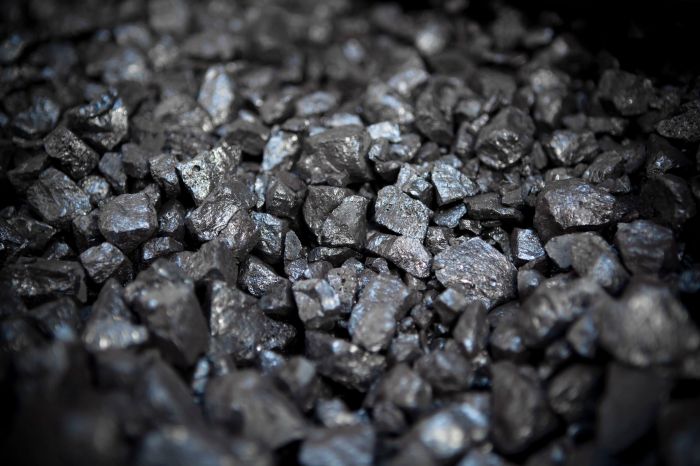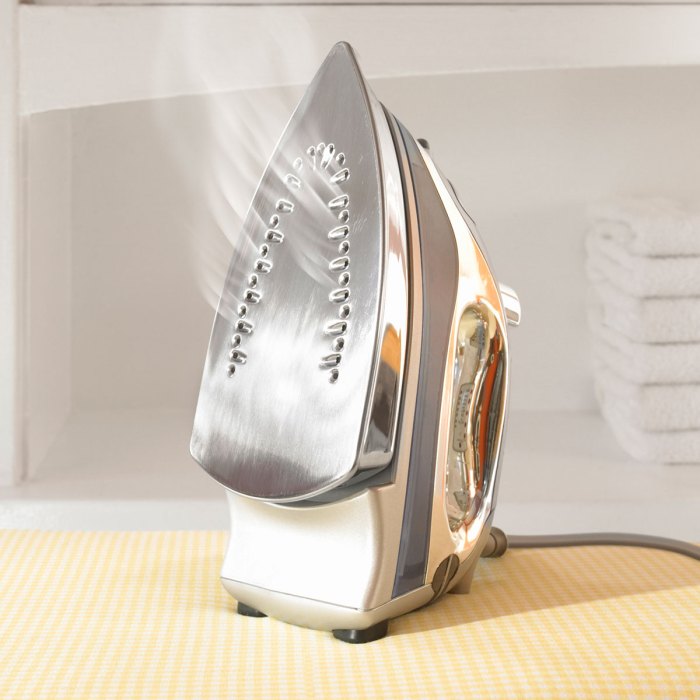Soft reactive metal used in magnets – Soft reactive metals play a crucial role in the production of magnets, offering unique properties that enhance magnetic performance and enable diverse applications. Their distinctive characteristics, types, and applications in the field of magnetism will be explored in this comprehensive overview.
These versatile metals possess remarkable chemical and physical attributes, making them indispensable in the manufacturing of high-quality magnets. Their softness and reactivity contribute to their ability to form strong magnetic bonds, while their malleability allows for intricate shaping and customization.
Soft Reactive Metals in Magnets: Soft Reactive Metal Used In Magnets
Soft reactive metals are a class of materials that are characterized by their low melting points and high reactivity. They are often used in the production of magnets, where they play a crucial role in determining the magnetic properties of the final product.
Definition and Properties

Soft reactive metals are characterized by their low melting points, typically below 1000°C, and their high reactivity, which makes them susceptible to oxidation and corrosion. They are typically ductile and malleable, allowing them to be easily shaped and formed.
Types of Soft Reactive Metals, Soft reactive metal used in magnets
- Iron (Fe): Iron is a soft, reactive metal with a melting point of 1538°C. It is the most common element in the Earth’s crust and is used in a wide range of applications, including the production of magnets.
- Cobalt (Co): Cobalt is a soft, reactive metal with a melting point of 1495°C. It is used in the production of magnets, as well as in alloys and superalloys.
- Nickel (Ni): Nickel is a soft, reactive metal with a melting point of 1455°C. It is used in the production of magnets, as well as in alloys and stainless steels.
Role in Magnet Production

Soft reactive metals play a crucial role in the production of magnets. They are used as the base material for the magnet, and their properties determine the magnetic properties of the final product. The melting point of the metal determines the temperature at which the magnet can be formed, while the reactivity of the metal affects its susceptibility to corrosion and oxidation.
Applications of Soft Reactive Metal Magnets
Soft reactive metal magnets are used in a wide range of applications, including:
- Motors and generators: Soft reactive metal magnets are used in the production of motors and generators, where they provide the magnetic field necessary for the operation of the device.
- Loudspeakers: Soft reactive metal magnets are used in the production of loudspeakers, where they provide the magnetic field necessary for the operation of the speaker.
- Medical devices: Soft reactive metal magnets are used in the production of medical devices, such as MRI scanners and surgical instruments.
Advantages and Disadvantages

Soft reactive metals offer several advantages for use in magnets, including:
- Low melting point: The low melting point of soft reactive metals makes them easy to cast and form into complex shapes.
- High reactivity: The high reactivity of soft reactive metals makes them susceptible to oxidation and corrosion, but it also allows them to be easily coated with protective layers.
- Magnetic properties: Soft reactive metals have good magnetic properties, making them suitable for use in magnets.
However, soft reactive metals also have some disadvantages, including:
- Susceptibility to corrosion: The high reactivity of soft reactive metals makes them susceptible to corrosion and oxidation, which can degrade their magnetic properties over time.
- Limited temperature range: The low melting point of soft reactive metals limits their use in applications where high temperatures are involved.
Recent Advancements
Recent research and developments in soft reactive metal magnets have focused on improving their properties and expanding their applications. Some of the most promising areas of research include:
- Development of new alloys: New alloys of soft reactive metals are being developed to improve their magnetic properties and resistance to corrosion.
- Nanostructured materials: Nanostructured soft reactive metal magnets are being developed to improve their magnetic properties and reduce their size.
- New applications: Soft reactive metal magnets are being explored for new applications, such as in energy storage devices and sensors.
Query Resolution
What are the advantages of using soft reactive metals in magnets?
Soft reactive metals offer several advantages, including their ability to enhance magnetic properties, reduce coercivity, and improve machinability, making them suitable for various applications.
What are some common applications of soft reactive metal magnets?
Soft reactive metal magnets find applications in industries such as aerospace, electronics, medical devices, and energy, where their unique properties are leveraged for specific purposes.